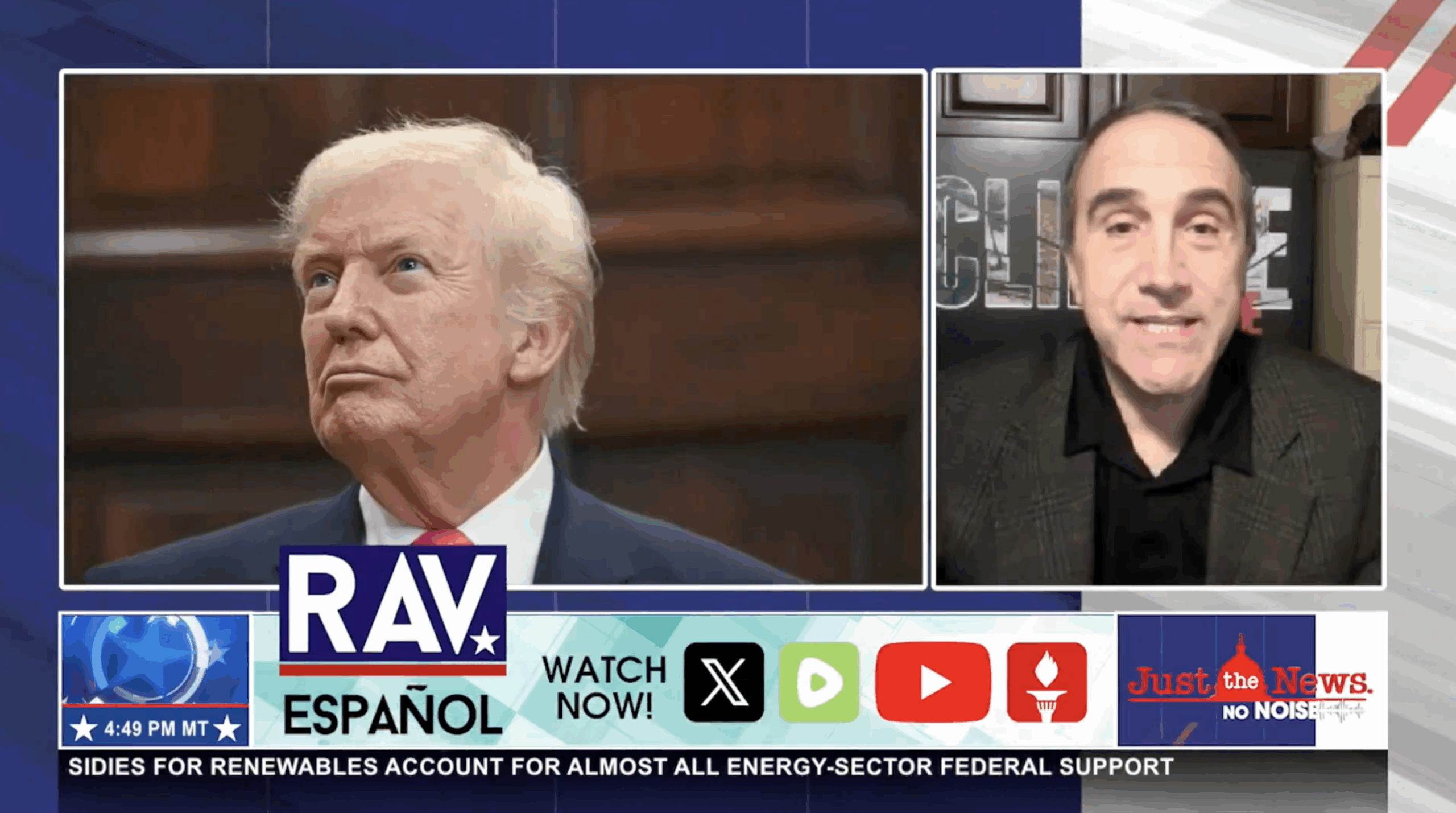Clean Energy Fuels Corp. CLNE -2.69% , a major distributor of natural gas made from waste, found a way to boost its earnings by millions of dollars, virtually overnight.
All it had to do was switch the main biofuel it supplies to power cars and trucks in California—currently a type of natural gas produced with methane emissions from garbage—to a chemically identical gas produced from the manure of cows.
California’s clean-fuels grading system gives cow-poop gas a much better score—and much higher subsidies—than landfill gas. So that simple substitution could net Clean Energy an additional $70 million in earnings before interest, taxes, depreciation and amortization by 2026, the company estimates.
Together with European energy giants BP PLC and TotalEnergies SE, Clean Energy is pouring hundreds of millions of dollars into gas production on dairy farms to milk that advantage. A host of developers, financiers and carbon-conscious corporations, from Chevron Corp. to Amazon.com Inc., AMZN -1.33% are looking to buy or produce the fuel as well.
“It is like magic,” said Andrew Littlefair, Clean Energy’s president and chief executive, of the projected earnings boost.
The surging interest in dairy renewable natural gas, as it is called, shows how incentives can spur action to address the emissions linked to climate change—and sometimes unintended consequences as well. Until a few years ago, the gas, which is interchangeable with conventional natural gas and can replace dirtier fuels like diesel, was a niche product that was too expensive to make commercially.
Now, California’s generous subsidies have prompted what some observers are dubbing a manure gold rush. One developer said he showed up at a dairy only to discover that the farmer had gotten more than 10 pitches for business tie-ups already. Others said competition for business has gotten so heated that some developers are promising to pay farmers a fixed amount per cow—a risky setup if the price of the California credits plummets.
Driving the boom is California’s Low-Carbon Fuel Standard. The standard requires companies that sell transportation fuels in the state to lower their products’ carbon intensity—the carbon dioxide emitted during manufacture, distribution and consumption. Companies that exceed the carbon-intensity maximums have to buy offset credits, each of which represents a metric ton of emissions. Those with low-scoring fuels generate credits, whose price goes up and down depending on demand.


